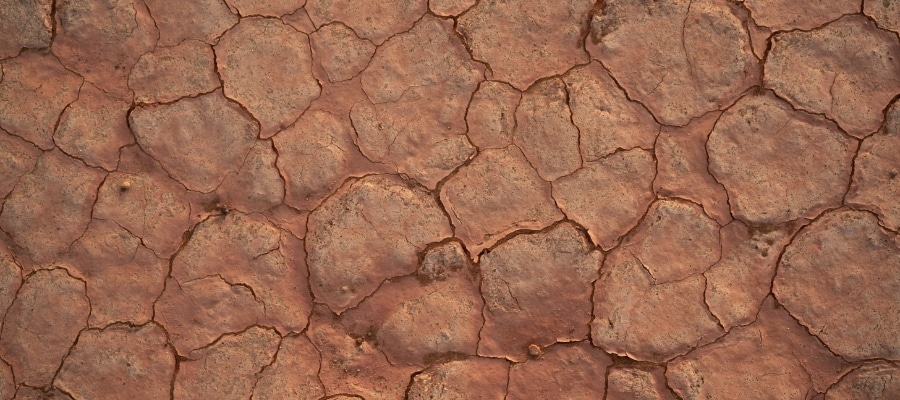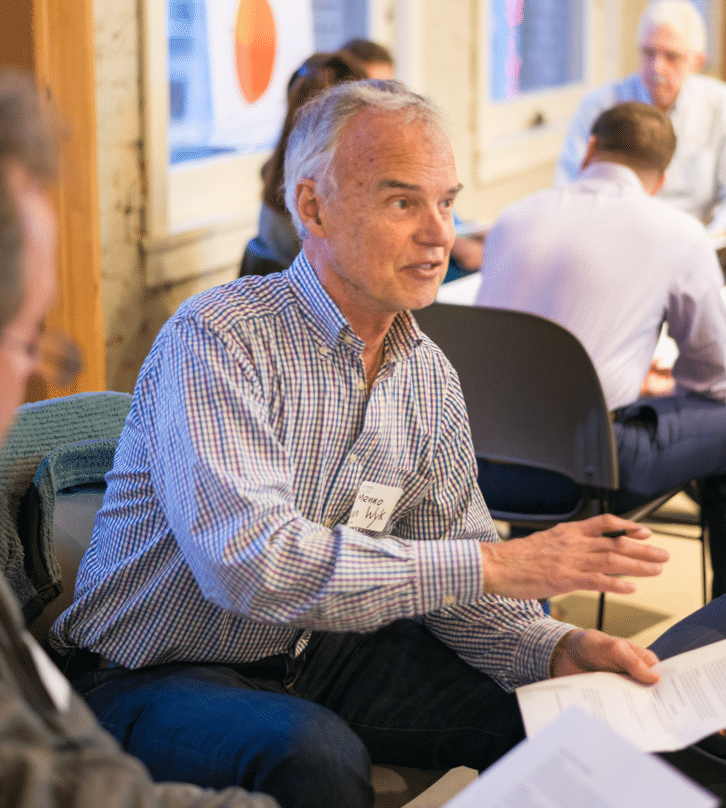Last week the United Nations Intergovernmental Panel on Climate Change (IPCC) issued its latest look at the science surrounding climate change and future climate scenarios. As usual, the news is not good, especially for smallholder farmers. However, IPCC says that smallholder agricultural practices may help with not only adaptation but also mitigating the problem for everyone.
Delayed by months due to the global COVID-19 pandemic, the IPCC Working Group I report “Climate Change 2021: The Physical Science Basis” makes for grim reading, as most IPCC reports usually do. The newest working group review will become part of a larger IPCC Sixth Assessment Report slated to be released sometime next year.
Working Group I’s headline finding is that average global temperatures since the dawn of the Industrial Revolution will have risen by 1.5 degrees Celsius by the 2040s without sharp global reductions in human emissions of greenhouse gases, especially carbon dioxide and methane. The stated goal of Paris Agreement signatory governments is to limit warming to 1.5°C by 2100. Industrial greenhouse gas emissions have already caused average global temperatures to increase by 1.1°C, according to IPCC. “This assessment is based on improved observational datasets to assess historical warming, as well as progress in scientific understanding of the response of the climate system to human-caused greenhouse gas emissions,” the panel explained in a release. Temperature extremes, such as intense heat waves, are already being witnessed in multiple regions across the world, and IPCC warns that the situation will worsen to the point of threatening food security. “At 2°C of global warming, heat extremes would more often reach critical tolerance thresholds for agriculture and health,” the panel says.
“Strong and sustained reductions in emissions of carbon dioxide and other greenhouse gases would limit climate change.”
IPCC again notes that agriculture has released much of the volume of greenhouse gases responsible for global warming, though the largest contributor is large-scale livestock operations, not smallholder farming. Intensification of mechanized agriculture since the 1980s was responsible for a 30% increase in nitrous oxide, a finding IPCC delivers with “high confidence” in the new report.
Smallholders will feel the impacts of global warming, especially in the tropical developing countries. There, farmers can expect patterns of lower rainfall and more frequent droughts at greater intensity, IPCC says. Smallholder farmers living near coastlines can also expect more flooding and seawater intrusion as relative sea levels will continue rising for the foreseeable future. Farms will also be threatened with frequent wildfires, inevitably burning crops alongside wild brush, IPCC warns. Again, grim findings.
Farming can also be part of the solution, the IPCC notes. For example, reduced-tillage agriculture can increase the albedo of farmers’ fields, immediately helping to reflect more solar energy into space and preventing Earth from absorbing additional heat, as well as gradually sequestering more carbon in the soil. Reduced tillage is common in the US, but there is great untapped potential to adapt it to smallholder farms in different parts of the world.
As in previous reports, the IPCC calls for large, immediate, and sustained reductions in fossil fuel emissions. However, it notes, “While benefits for air quality would come quickly, it could take 20-30 years to see global temperatures stabilize.” Meanwhile, innovation will be needed to help smallholder farms face the challenges that climate change will bring in the coming decades.
— Grow Further




